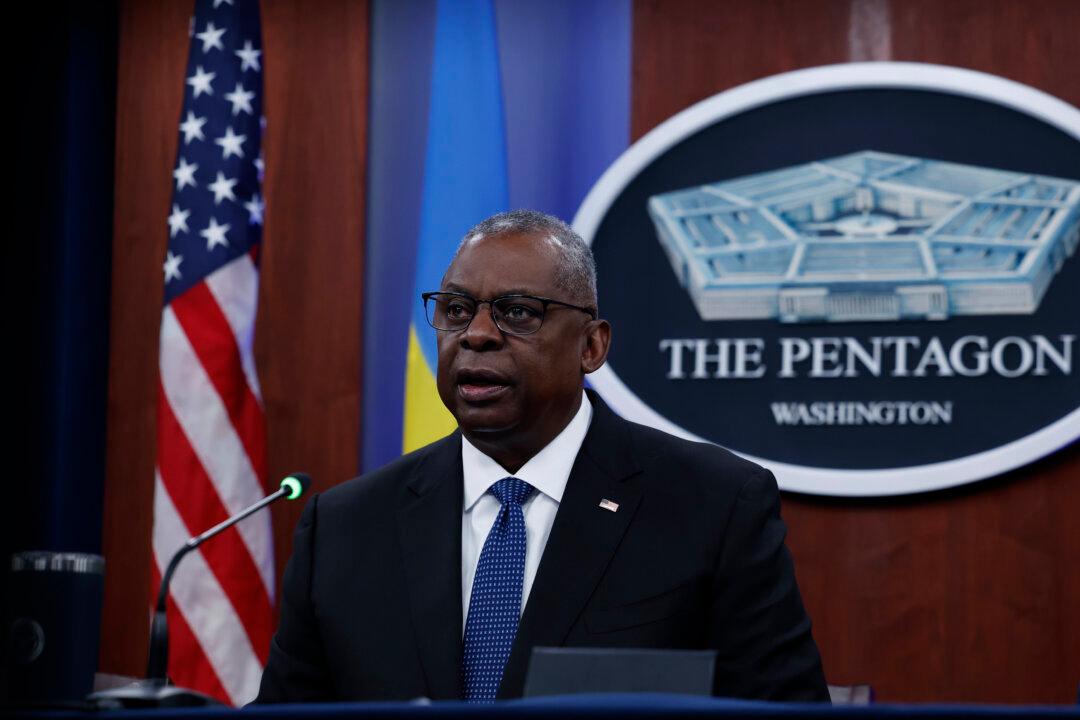The defense policy bill just passed by Congress includes a requirement that the U.S. military consider reinstating former members who were removed for refusing to receive a COVID-19 vaccine.
A secretary of a military branch must consider reinstating former members who ask to be reinstated within two years of their separation, according to the fiscal 2024 National Defense Authorization Act (NDAA) approved last week by both the U.S. House of Representatives and Senate.





